
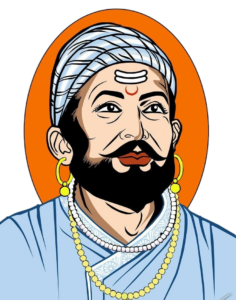

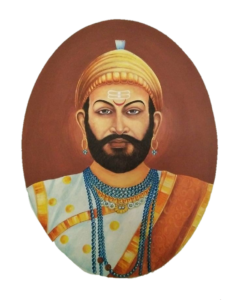
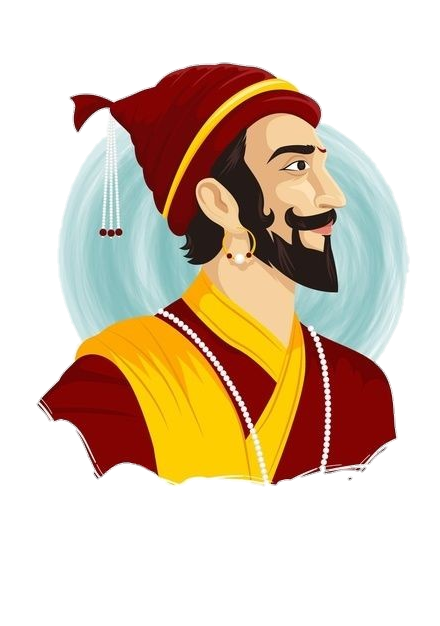
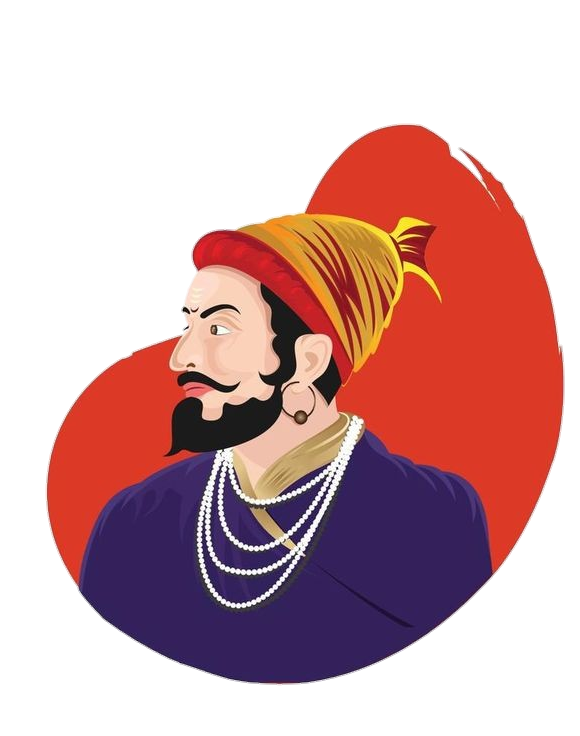
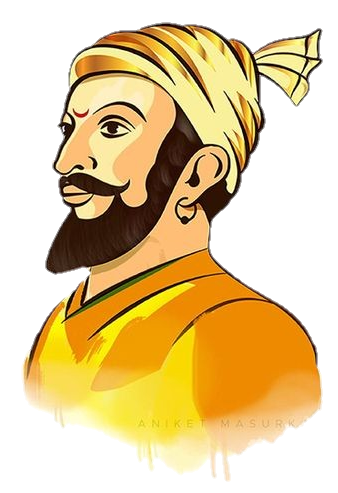
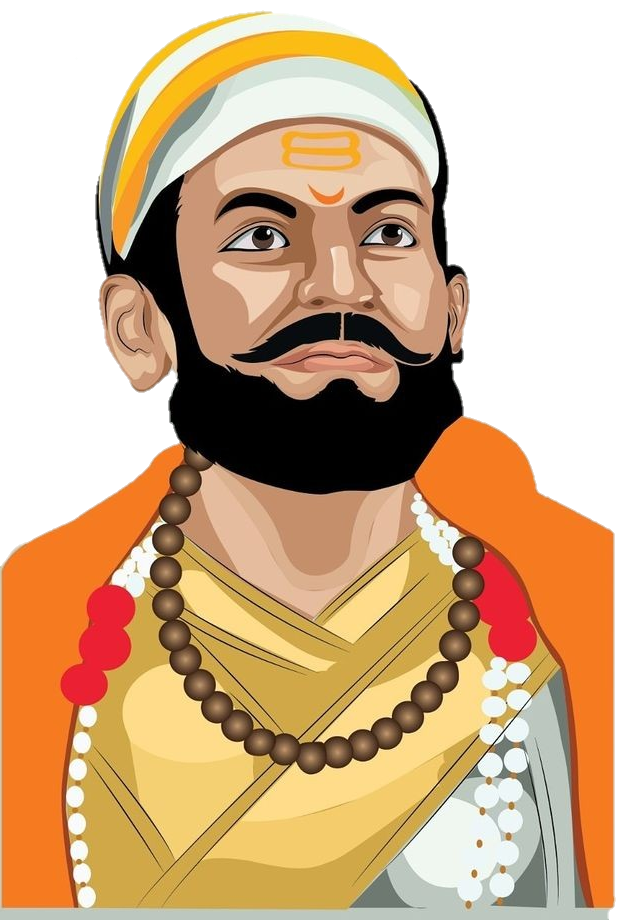

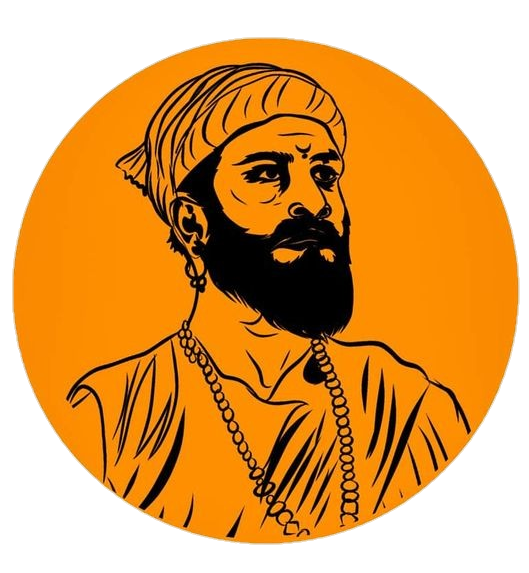
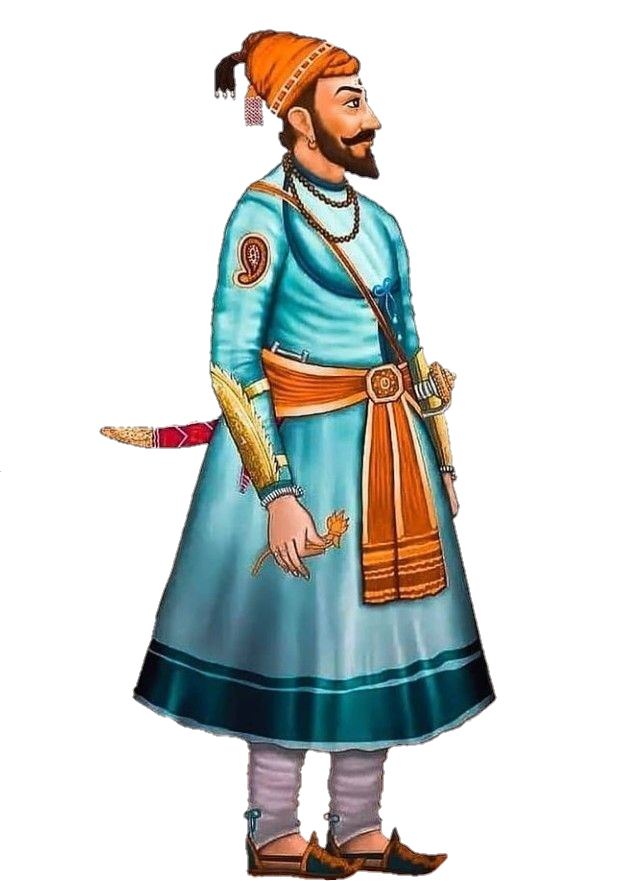
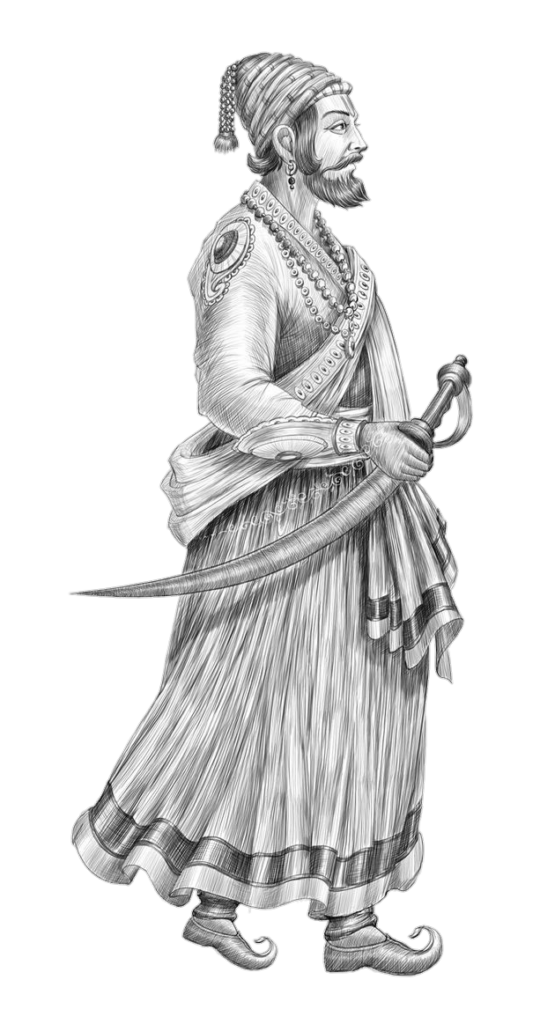
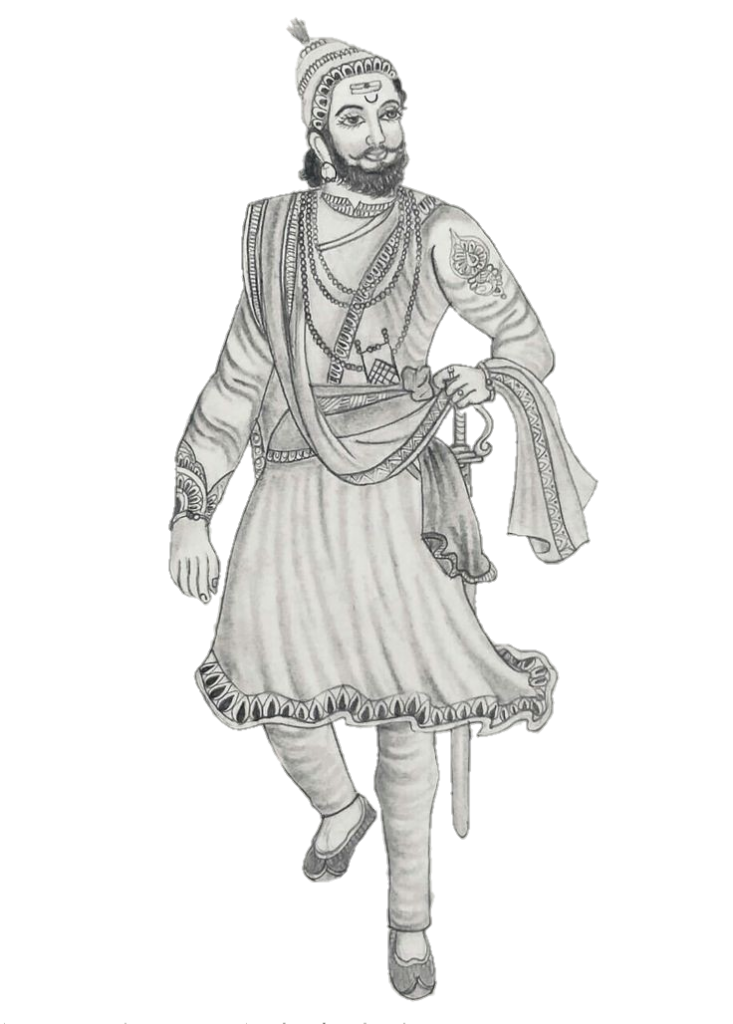
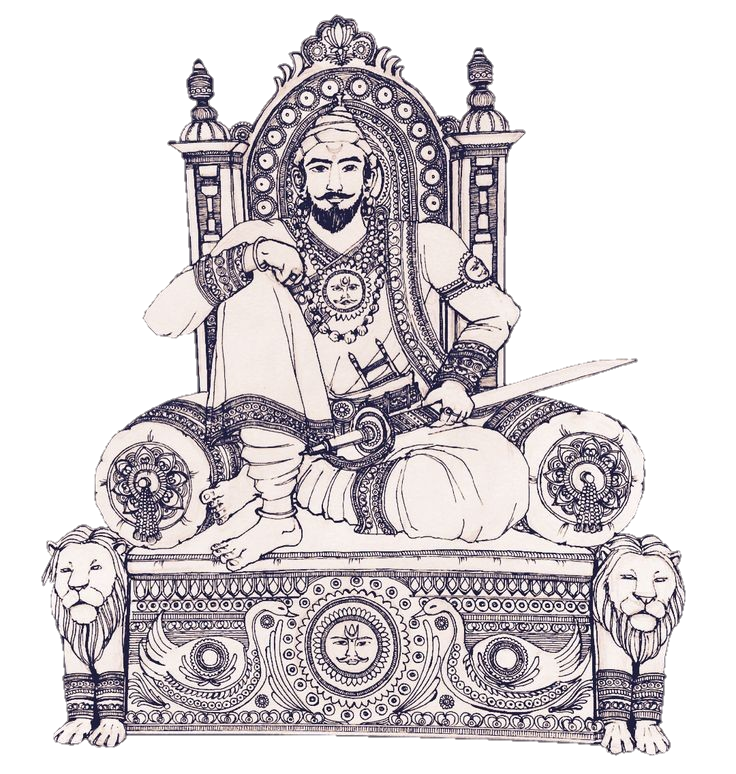
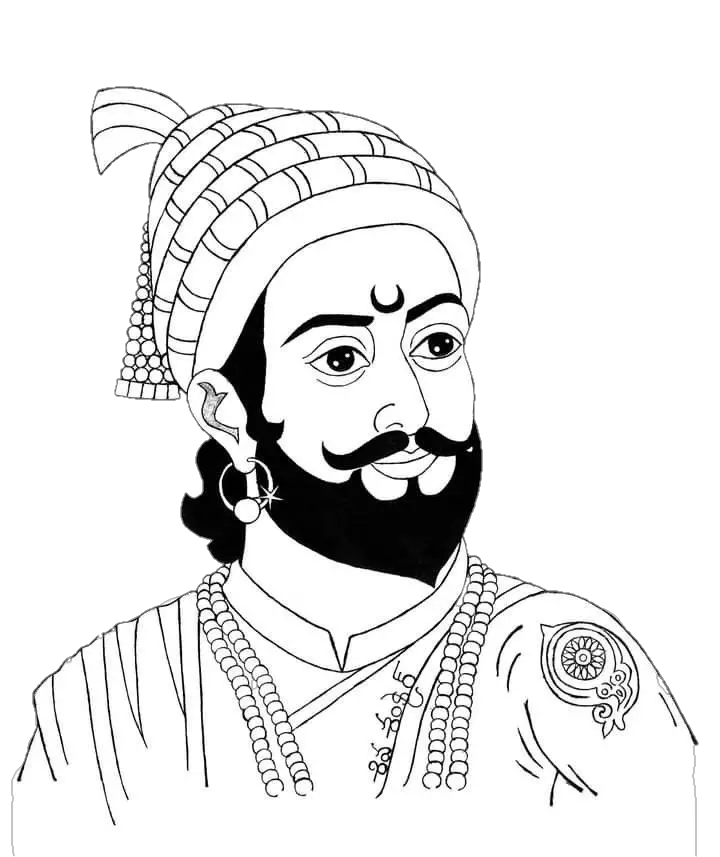
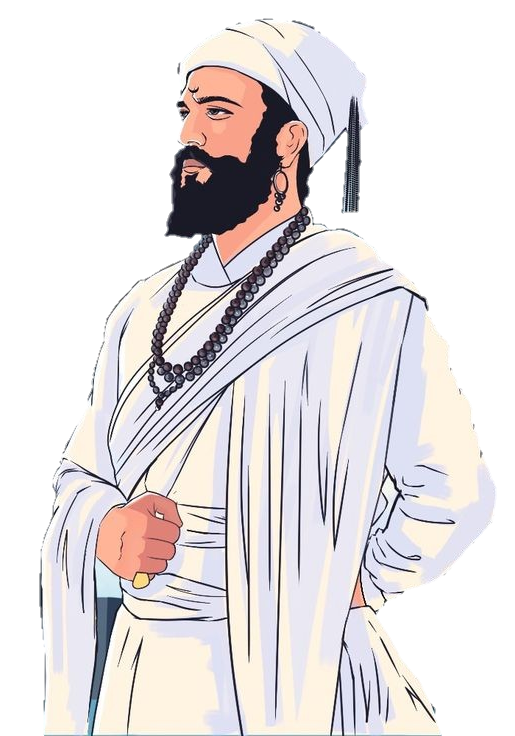
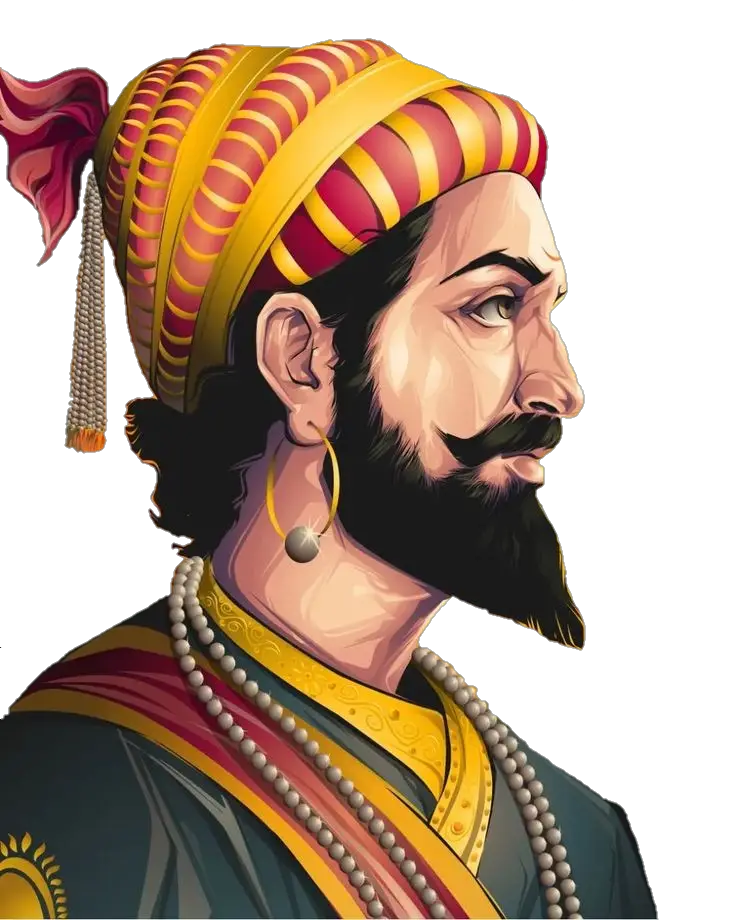
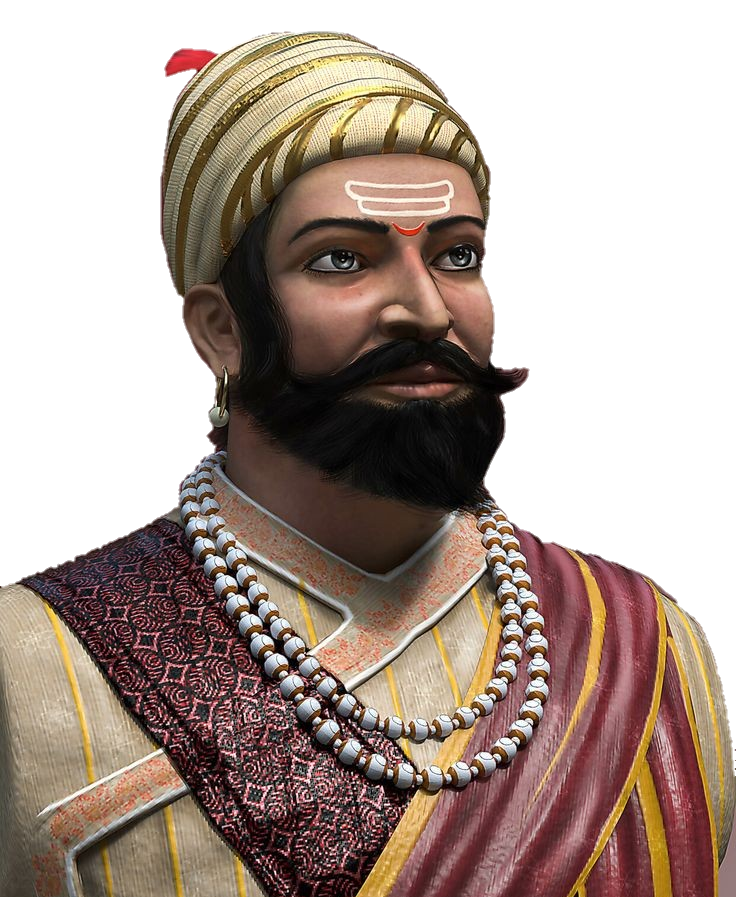
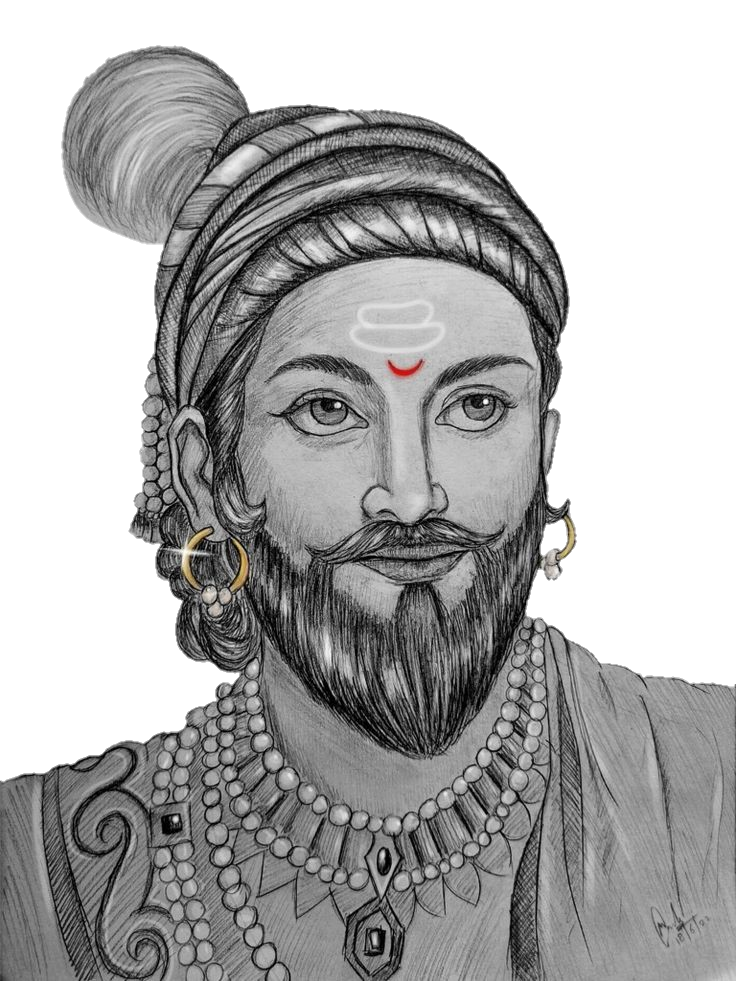

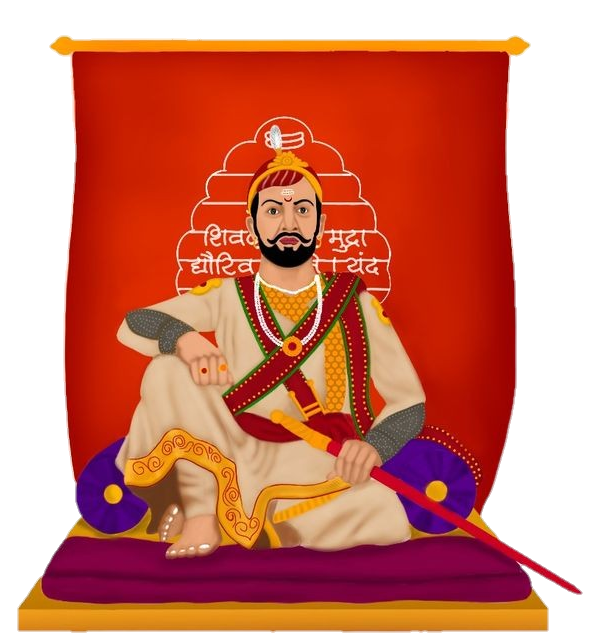
Chhatrapati Shivaji Maharaj, born in 1630, was a legendary figure in Indian history who established the Maratha Empire in the 17th century. He is hailed as one of the greatest warriors and strategists of his time, whose vision and leadership transformed India’s political landscape. Shivaji Maharaj’s reign is remembered for his military prowess, administrative reforms, and unwavering commitment to justice and the welfare of his people.
Shivaji Maharaj was born in the hill fort of Shivneri near Pune, Maharashtra. From an early age, he exhibited exceptional leadership qualities and a deep sense of patriotism. He was deeply influenced by the teachings of his mother, Jijabai, and the brave tales of ancient Indian history. These early influences shaped his character and fueled his aspirations to create an independent Maratha kingdom.
The Marathas were a warrior clan who had faced successive foreign invasions and witnessed the decline of the once-powerful Deccan sultanates. Shivaji Maharaj saw this as an opportunity to challenge the Mughal Empire and restore Hindu rule in the region. He embarked on a series of military campaigns, employing guerrilla warfare tactics and innovative strategies that allowed his relatively small army to combat larger, better-equipped forces.
Shivaji Maharaj’s military genius was characterized by his ability to strike swiftly and retreat when necessary. He understood the importance of fortification and built a network of strategically located forts throughout his empire. One of his most famous achievements was capturing the formidable fort of Torna at 16. This victory began his campaign to liberate the Deccan from foreign rule.
Apart from his military triumphs, Shivaji Maharaj was a visionary ruler who implemented several administrative reforms. He established a well-organized system of governance that promoted efficiency, justice, and accountability. He divided his kingdom into administrative units called “swarajya,” governed by officials known as “mavalis.” He also instituted a revenue system that was fair and equitable, focusing on agricultural development and encouraging trade and commerce.
Shivaji Maharaj’s administration was marked by religious tolerance and respect for diverse cultures. He ensured his Hindu subjects were treated fairly and protected their religious rights while extending the same courtesy to Muslims and other religious communities. His respect for women was evident in his policies, as he actively discouraged the practice of Sati and promoted education and empowerment for women.
One of Shivaji Maharaj’s most enduring legacies was his emphasis on naval power. Recognizing the strategic significance of a strong navy, he built a formidable fleet and successfully challenged the European powers who sought to establish their dominance in the Indian Ocean. His navy protected his territories, facilitated trade, and secured the coastal regions from foreign incursions.
Shivaji Maharaj’s reign inspired a sense of pride and nationalism among his people. He was a leader who understood the aspirations and concerns of his subjects and worked tirelessly to protect their interests. His courage, integrity, and commitment to justice resonate with the people of India, making him a revered figure even centuries after his death.
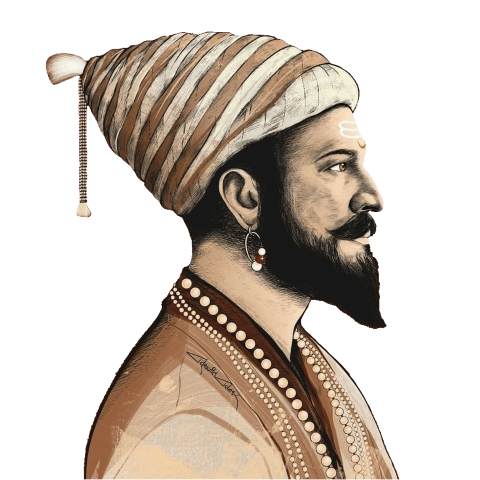






Leave a Comment
Instagram